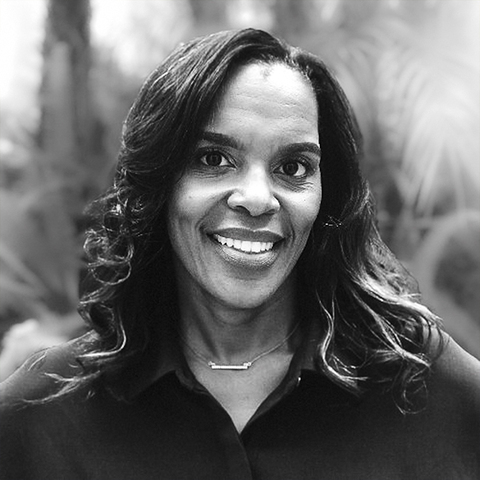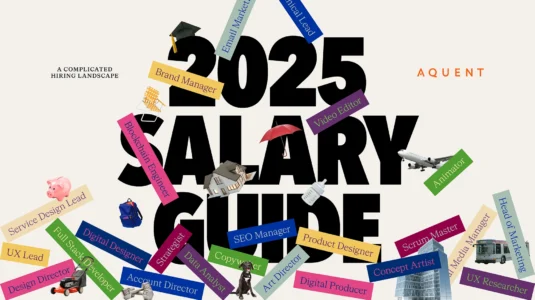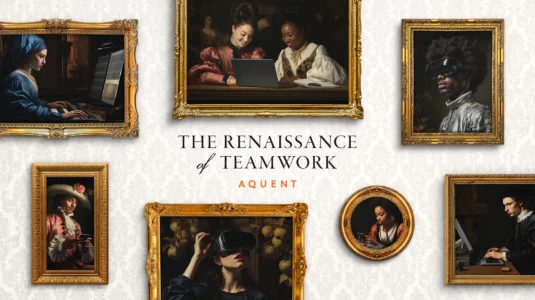

Key Takeaways
- Job seekers must advocate for themselves and go beyond a simple elevator pitch when applying for jobs.
- Storytelling is becoming an essential part of the job application process.
- Standing out in the job market is about demonstrating unique value and perspective, rather than relying on awards and accolades.
- Job seekers should contextualize and highlight the impact of their work, showcase personal projects, and use the STAR method during interviews.
This is an incredibly competitive job market. The at-home work model has reshuffled the employment landscape. You don't have to live in Silicon Valley to work in Silicon Valley. You don't have to live in the nation's capital to work in the nation's capital. Instead of work being one BART ride away, or one Metro stop away, work is now one login away from anywhere in the world. But with this convenience comes added challenges.
With the boom of remote work, you are not only competing against those in your field in your city. You are competing against a global talent pool. The good news is that the market is a talent-driven market—the power is in your hands to take hold of new opportunities.
But those new opportunities within your grasp won't come to you on a silver platter. You have to advocate for yourself, and we are well past the days of a simple elevator pitch. The Great Resignation and the Great Reflection have forced us to ask ourselves tough questions. Do we love what we do? Do the company's values align with your values and vice versa? Am I getting paid what I'm worth? As we talk about going back to normal, you can't unsee what we've seen and experienced these past three years, and this has impacted the hiring process as well. Your personal sales pitch has to go beyond the traditional 60 seconds.
Got a great resume? Check. How about a portfolio or work summary site? Nailed it. You are doing great. In job interviews, these are going to be the artifacts that make up the most important part of your sales pitch: your story.
No, your story is not only what is in your resume or portfolio, but it is also what makes your work and your skill set unique. The secret sauce that makes you, you. Whether you are working with a recruiter or applying directly to jobs, using the power of stories to talk about your work and demonstrate the impact will help your application stand out.
So what does that mean?
Context and impact
In my non-recruiting capacity as a marketing director, I reached out to some incredible recruiters and got their insights on how creative talent should compose their stories as a part of preparing for an interview.
They shared with me that it is key for talent to spotlight how their contributions made a difference to the business. For instance, instead of saying, “Hey, I designed this great video” and going on and on about your masterpiece as a standalone project, it's better to contextualize your masterpiece with quantitative and qualitative specifics in the grander scheme of the business model and to link your masterpiece to a result. “I designed this great video through efficient team collaboration, which ended up getting 3,000 views on LinkedIn, and thus facilitated a stronger client relationship.” Of course, when you add your own personal flavor to this basic formula, bringing together a quantitative result with the human impact of your work humanizes your project and gives your professional narrative more depth and color.
Get personal on your projects
Our recruiters emphasize the importance of a great portfolio (which you already have). But not just work-related projects—it's all of your projects. When you have that moment of hesitation about incorporating your personal projects, don't let self-doubt get in the way! Post that short film. Self-publish that short story. Share your passion projects—because you never know what might appeal to somebody else. Employers want to see who you are, and your personal projects speak volumes about your skill set, interests, and ability to take on new projects. Whether you have your own website or build out your portfolio using LinkedIn, having a public virtual space to display your talents will help you professionally showcase your most authentic self and (sometimes literally) add some illustration to your story.
If you are someone who has video editing skills, but you can also write, for example, the personal aspect of your portfolio is the perfect opportunity to showcase your secret sauce. What makes you stand out from the crowd. Your unicorn status. Make sure that you highlight that and bring that forward both in your applications and on interview day, so employers can really get a comprehensive sense of all of your creative superpowers.
STAR in the interview
Interview day has arrived, and now it's time to bring your professional story to life. As part of your interview preparation, craft your narrative using the STAR method (Situation, Task, Action, and Result) as a framework instead of rehearsing 100+ random interview questions. This means setting the scene, describing your responsibility, explaining your course of action in detail, and elaborating on the outcome of your hard work. Harness the contemplation of the Great Reflection and channel that into your interview rehearsal. Select a handful of standout scenarios at your previous job that can be interchangeable to fit standard interview themes: Your biggest success story. Your biggest failure (that also highlights an important learning experience). Your collection of times when you have demonstrated skills like teamwork, adaptability, prioritization, and—everyone's favorite—conflict resolution. Think of these moments as the chapters in your narrative.
Standing out in the crowd does not mean you have awards and accolades under your belt–it is about demonstrating your unique value and perspective and how it makes you successful. Use your portfolio and resume as supporting characters in your story, while you and your skills are the hero.
This is a vibrant and competitive job market. Standing out in the crowd is one thing, but also be prepared. Know what your skills are worth (we can help you with that). And use resources to fine-tune the skills you have and add new ones, unlocking your creative superpowers.
Related

Great brand collaborations are the best to strengthen identity.
Design & Experience, Insights & Trends, Marketing & Creative, Beauty and Fashion

Consumer demand and policy are driving EV market growth.
Development & Technology, Insights & Trends, Automotive

Are you missing opportunities to improve health screenings?
Design & Experience, Marketing & Creative, Health


